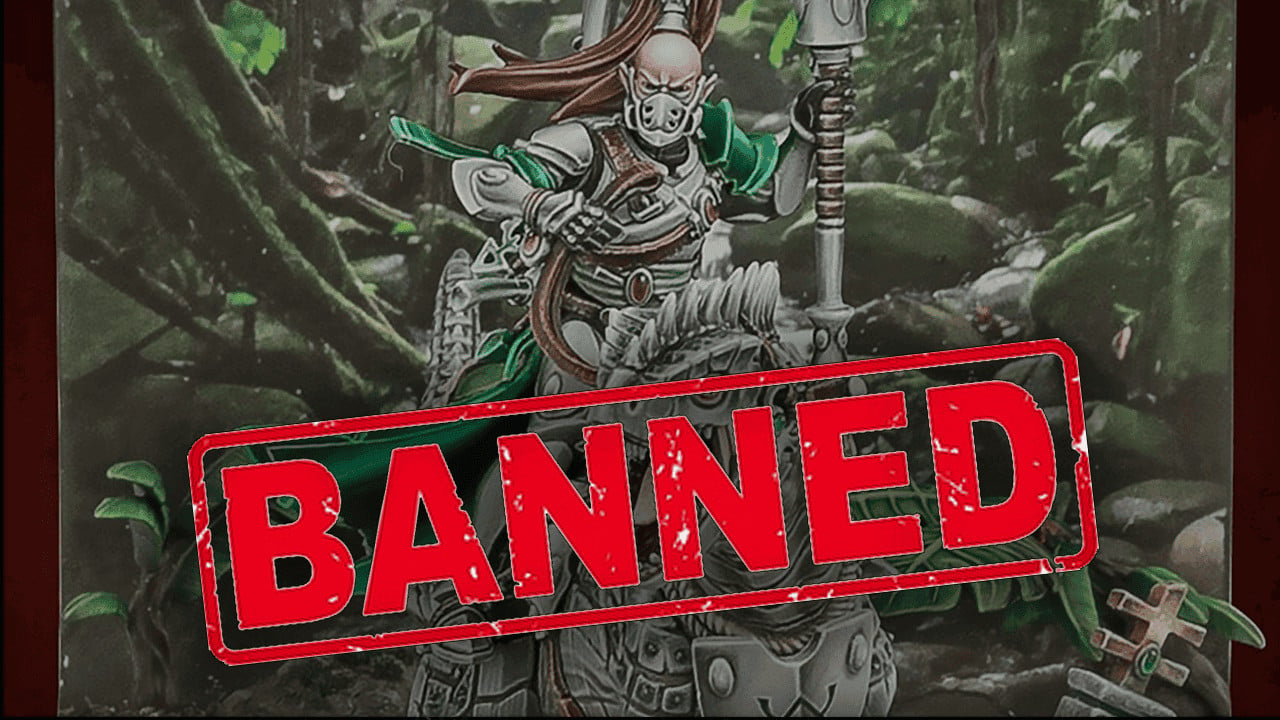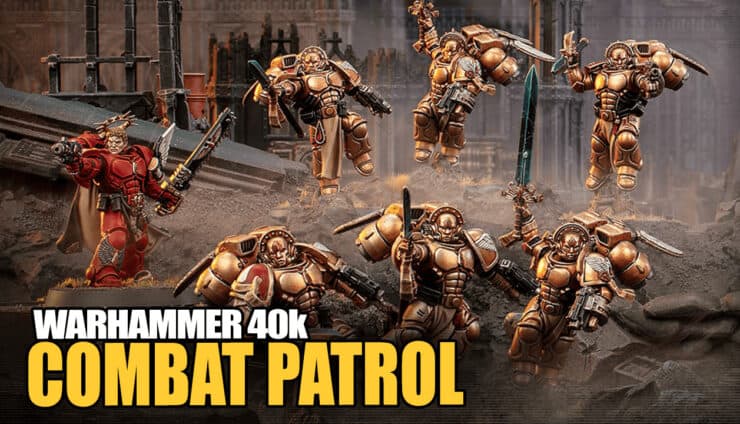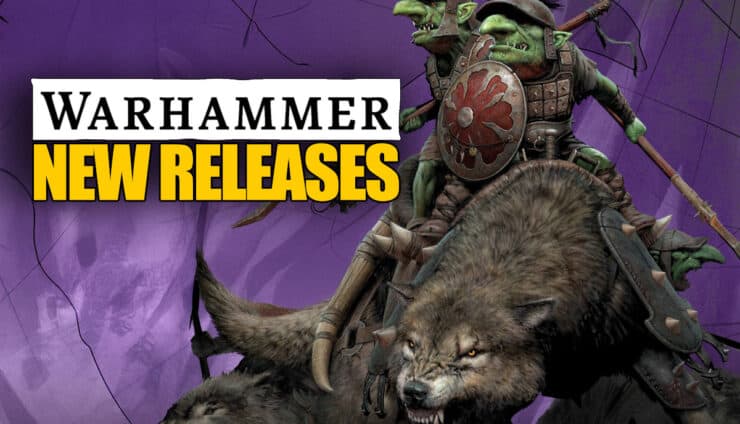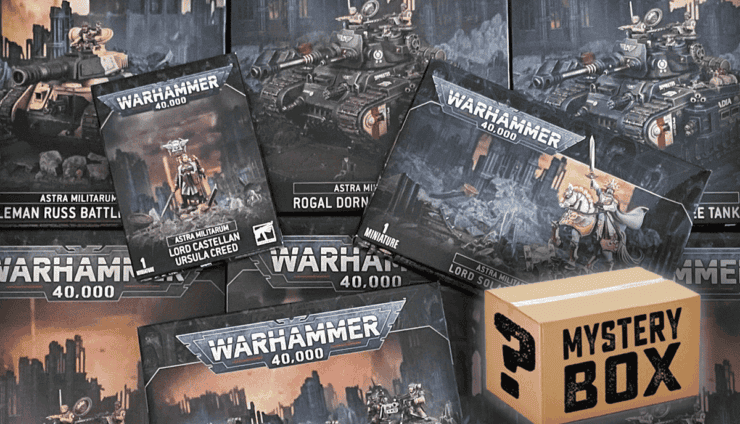Games Workshop bans AI in the Golden Demon painting competition after a winner used it, while debate rages on about what makes art now.
Updated December 23rd, 2024, by Rob Baer with new information and links to relevant content.
The Golden Demon competition is basically the grand stage where Warhammer hobbyists fight for the ultimate bragging rights in miniature painting. It’s a place where every highlight and shadow could make or break your claim to the throne—or, in this case, the Slayer Sword.
Controversy Over Winning Entry
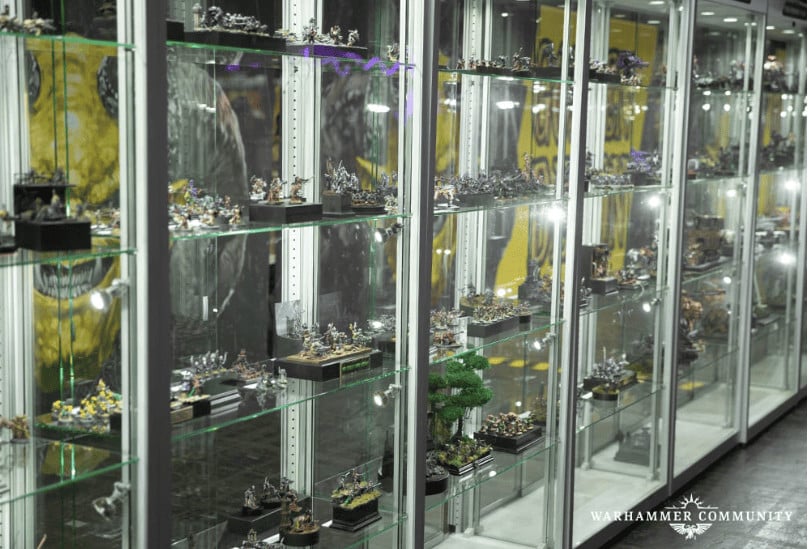
This year’s event came with a twist straight out of a Mechanicum data-vault. Neil Hollis, a painter so skilled he might as well have Custodes in his bloodline, revealed that the stunning backdrop for his winning entry wasn’t entirely hand-painted—it was AI-generated. Cue the collective gasp from the hobby community, followed by an online debate hotter than a plasma cannon on overcharge.
Background: The Story Behind Neil Hollis’ Golden Demon

Hollis’s painting was still meticulously done by hand, but the digital touch raised questions: was this a clever use of modern tools or a transgression against the old ways?
Hollis is known for pushing the boundaries, both in his art and in his persona. When he openly addressed critics, many felt he was fanning the flames of an already heated debate. The core of the issue isn’t just the use of AI—it’s about whether this is the beginning of a slippery slope where handcrafted artistry might take a backseat to digital shortcuts.
During a recent video interview with the Painting Phase, Hollis disclosed his use of AI to create a backdrop for his entry. While his painting skills remain unquestioned, the admission sparked discussions about the legitimacy and ethics of incorporating AI in traditionally handcrafted art forms.
The Community’s Reaction: Tradition Clashes with Technology
AdeptiCon 2024 Golden Demon winners have been chosen!
See who claimed the prestigious Slayer Sword.https://t.co/WCpI4z3e1n#WarhammerCommunity pic.twitter.com/VhO6PA3Bh2
— Warhammer Official (@warhammer) March 24, 2024
The Warhammer community is a passionate bunch, whether they’re comparing boltgun colors or debating the finest techniques to dry brush a Tyranid. Unsurprisingly, opinions on this issue were divided like the Imperium itself.
On one side, the traditionalists held the line like Space Marines at the Siege of Terra, insisting that every aspect of a Golden Demon entry should be painstakingly crafted by human hands. For them, using AI feels like dishonoring the sweat and patience poured into each model.
After all, the essence of this hobby is in the craftsmanship—the long hours spent perfecting every highlight, shadow, and grimy weather effect.
On the flip side, some hobbyists see technology as an inevitable part of the creative process. To them, integrating AI is no different from using new paints or sculpting techniques. They argue that innovation and tradition can coexist, much like Tau and Imperial Guard in an uneasy alliance. Still, in a scene so rooted in tradition, it’s a tough sell.
Ethical and Artistic Considerations: A New Controversy Unfolds
The heart of the debate centers on authenticity. Miniature painting has always been about tangible skills and artistic dedication. Adding AI to the mix feels, to some, like a shortcut, even if it’s just the backdrop.
Critics argue that AI-generated elements reduce the human element, a factor that makes each entry unique. On the other hand, supporters believe that as long as the core work remains handcrafted, AI tools are simply another brush in the toolbox—one that doesn’t diminish the artist’s overall contribution.
Games Workshop’s New Rules: Banning AI and Digital Art

No AI-generated elements are allowed in Golden Demon entries anymore—whether it’s a background, base, or any other component. If it isn’t hand-painted, it’s out.

This is a return to the old ways—where every single piece must be crafted by hand, from the tiniest highlight to the overall composition.

The new rules explicitly state that each entry must be a solo effort. In other words, you can’t paint a miniature sculpted by someone else and enter it as your own. It’s now every artist for themselves in the highly competitive world of Golden Demons.
Implications for Future Competitions: A Shift in the Landscape
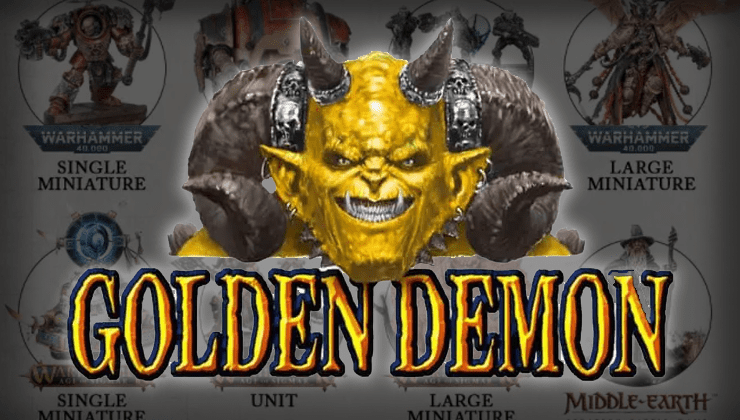
As new tools become available, the community will have to figure out how to balance innovation with tradition while keeping the soul of the craft intact.
The Future of Warhammer and AI Art
This controversy highlights a broader conversation about where the hobby is headed. The Warhammer community is no stranger to fierce debates, from “Which is the best Primarch” to “Is airbrushing cheating?”
This time, the clash isn’t over lore or tactics but the nature of art itself. Whether this decision brings unity or fuels more division, it’s clear that the Golden Demon competition will continue to be a battleground where tradition, creativity, and technology all collide.
All the Latest Warhammer Rules & Model Rumors
What are your thoughts on Games Workshop banning AI art, like backgrounds in the Golden Demon competition?
